The technical description of menopause is “a point in time 12 months after a woman’s last period”. The time of life this happens can vary but it usually occurs between 45 and 55 years of age. Menopause can also happen at any age if the ovaries are removed.
Changes to the monthly cycle may start a year or two prior to the actual menopause. Doctors sometimes call this the ‘menopause transition’ or ‘perimenopause’. At this time there might be gaps of several months when a woman thinks her periods have stopped and then she unexpectedly gets another one.
At this time of life there are often other changes happening for a woman like caring for aging parents or children leaving home. There are physical changes like your waist getting larger and your skin becoming thinner. People also report more achy joints after menopause. Some of these changes experts cannot agree if they are to do with menopause or simply an aging body.
What to expect
Around the time of the menopause a woman might start to get hot flashes (hot flushes) where the body and face heat up very quickly. This sometimes wake the woman at night. Some people experience few or only low grade flashes; for others it is a big concern. Research shows that around 80% of women experience some hot flashes around this time. Hot flashes wake some women several times per night leading to sleep disturbances, exhaustion and irritability.
Painful sex is the second most common symptom after hot flashes. This is caused by the vagina becoming drier and the lining of the vagina getting thinner. The vagina lining then breaks and tears. There is also increased risk of infection in the vagina and urinary tract.
Insomnia occurs in up to half of women during the menopausal transition. Women with insomnia are more likely than others to report problems such as anxiety, stress, tension, and depressive symptoms.
During menopause a woman may become forgetful. Doctors are uncertain if the forgetfulness is to do with the reduced hormone levels or to do with not enough sleep (due to hot flashes). Around 20% (1 in 5) women experience depression at menopause.
Some women experience panic attacks for the first time when they are menopausal. Women who have previously had panic attacks might find these get worse at this time.
Treatments
The good news is that there are treatments to help with all of the above.
For hot flashes that are really bothersome your doctor can prescribe hormone replacement therapy (HRT) which is often now given as a patch that you stick to your skin. There was some controversy about HRT a number of years ago. It is now accepted that HRT is safe in most menopausal women if it is started within 5 years of menopause and before the woman turns 60yrs old.
Some women choose to not use HRT. For some there are health concerns that mean the doctor cannot prescribe HRT. For these women the European Menopause and Andropause Society suggest non-hormonal treatment such as plant oestrogen (natural medicines) as an option. These can be purchased from a pharmacy without a prescription and some women prefer to try these first before asking their doctor about hormone replacement treatments.
If you experience painful dry vagina, your doctor can prescribe an oestrogen cream or pessaries to insert into the vagina to keep the lining healthy and strong. Water based lubricants prior to sex will also be helpful.
Menopausal insomnia is shown to be related to low oestrogen. Being prescribed HRT improves sleep. This is especially true if the insomnia was related to hot flashes. Some women are also prescribed short term sleeping tablets or try natural sleep products. Vitamin D supplements have been shown to half the number of women experiencing depressive symptoms during menopause. Doctors may also prescribe medicine to reduce symptoms of anxiety or panic attacks
Some doctors have special interest in a particular health area (sports medicines or babies or asthma). At this time of huge change in your life it is important that you work with someone you feel comfortable with. If you find your usual GP is not interested or not up to date on menopause you could ask to be referred to someone who specialises in menopause. Alternatively there might be another doctor in the practice or another doctor in your area that you find easier to discuss your concerns with.
Written by Linda Caddick
This blog provides general information and discussion about medicine, health and related subjects. The information contained in the blog and in any linked materials, are not intended nor implied to be a substitute for professional medical advice.






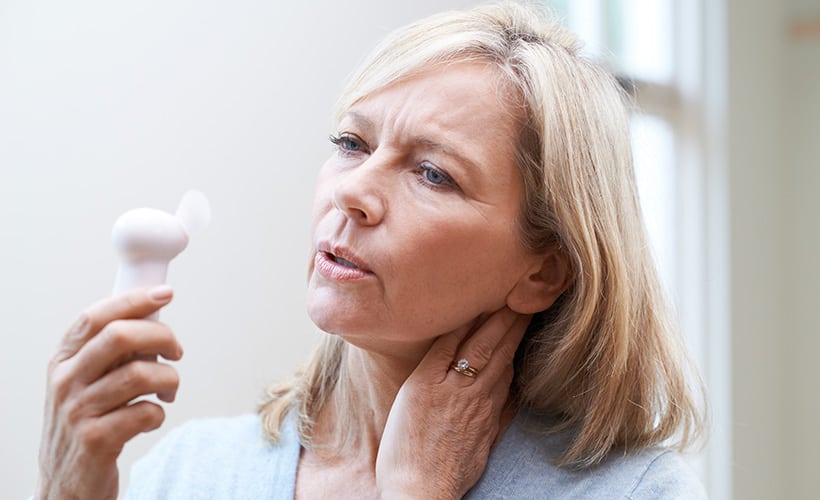
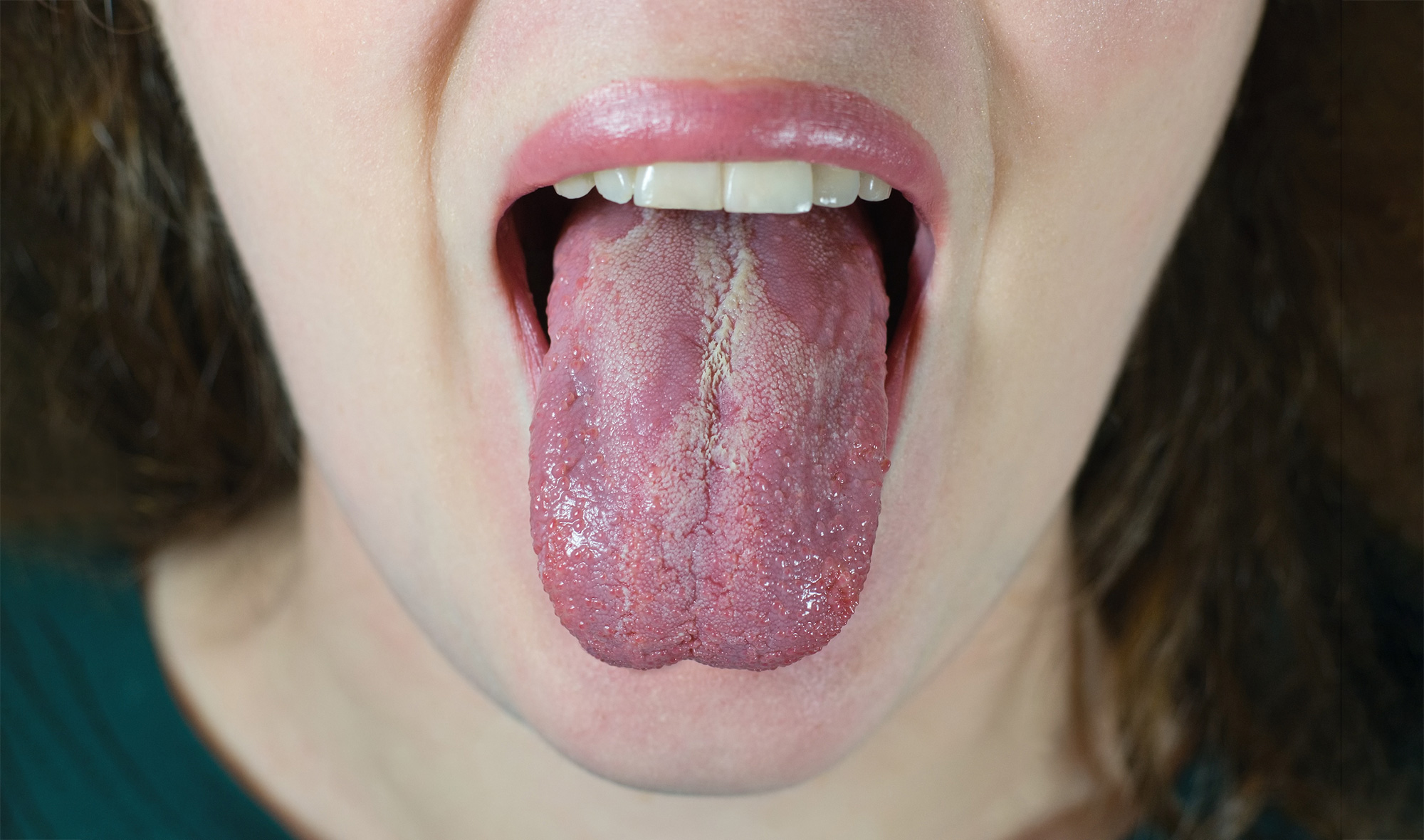
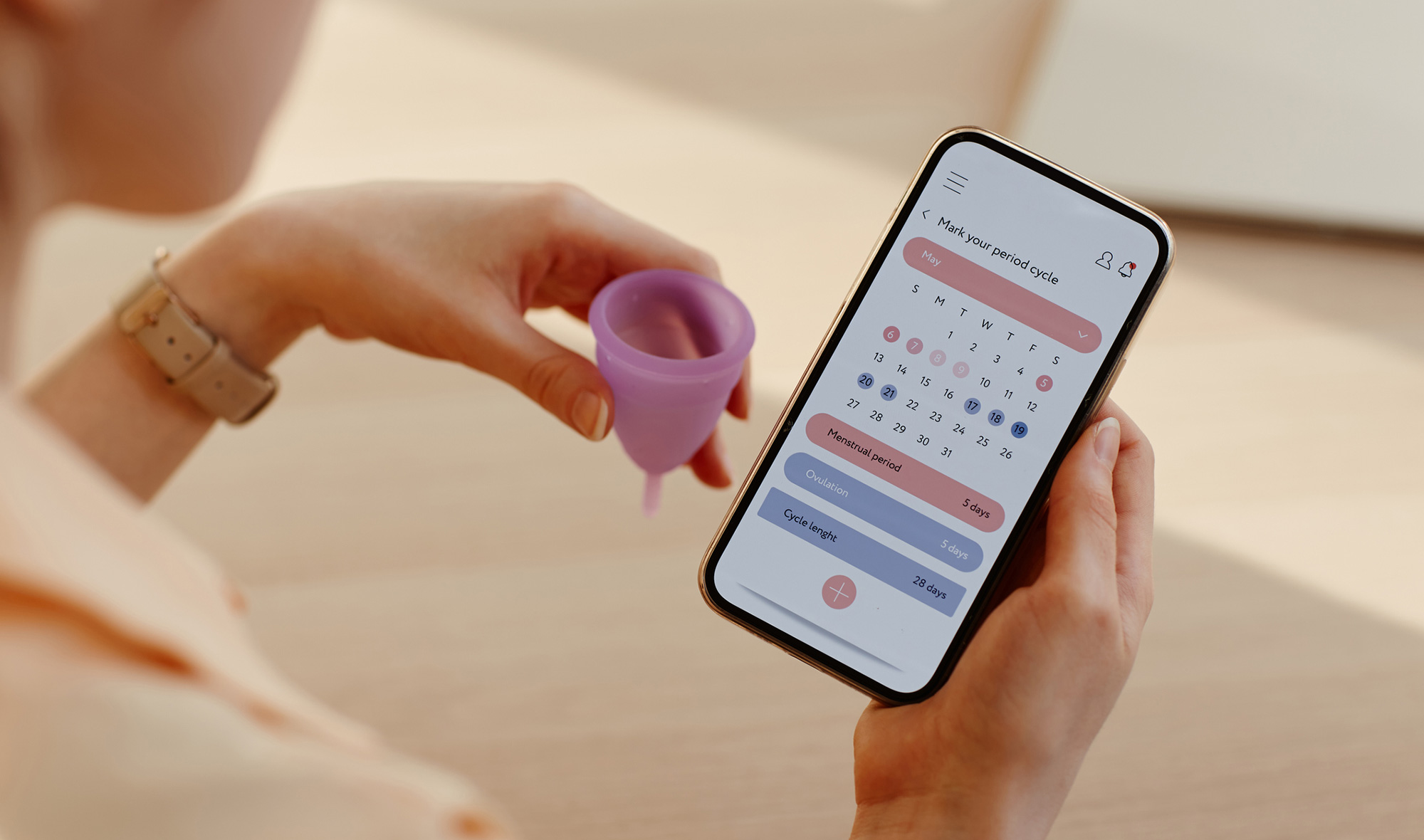

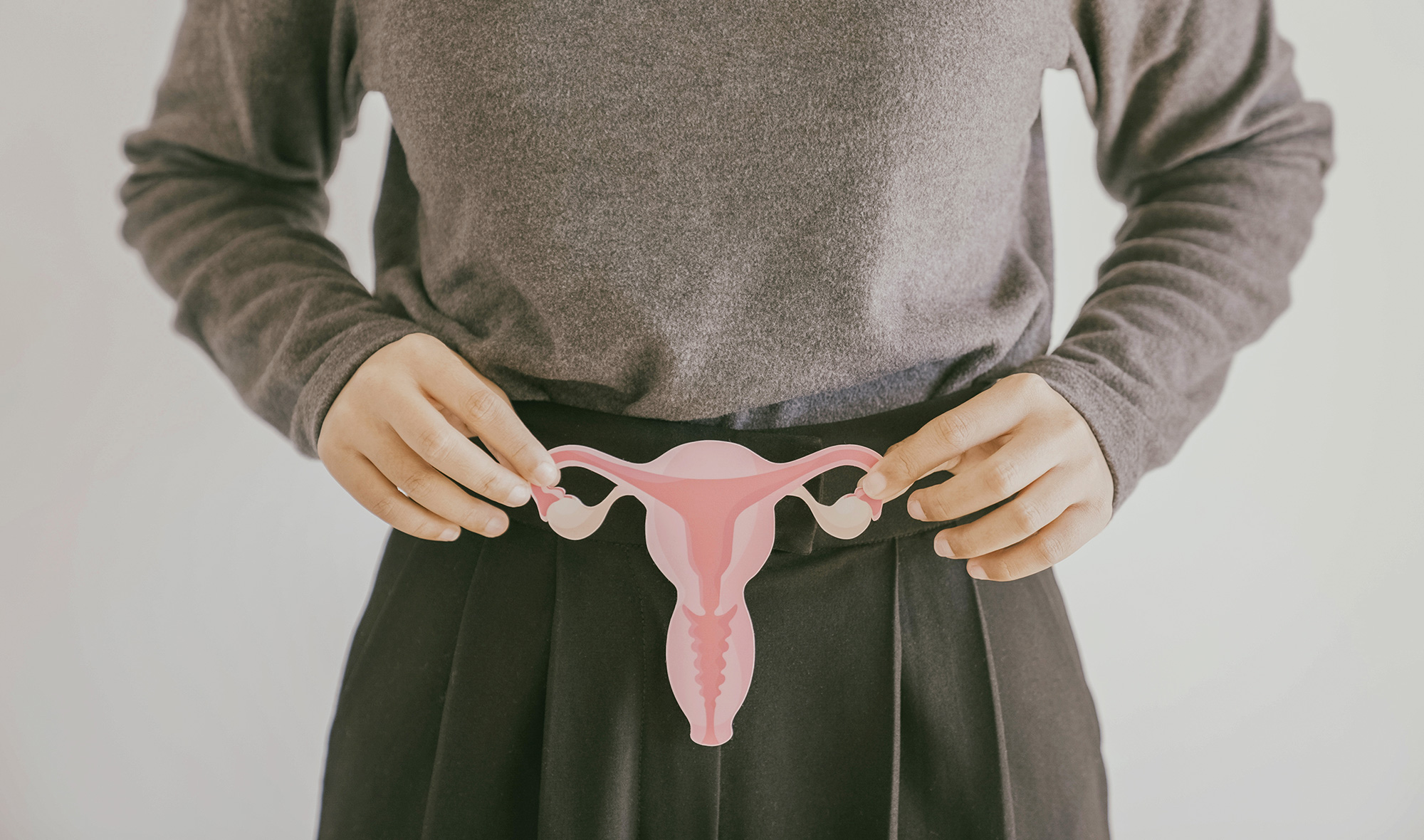


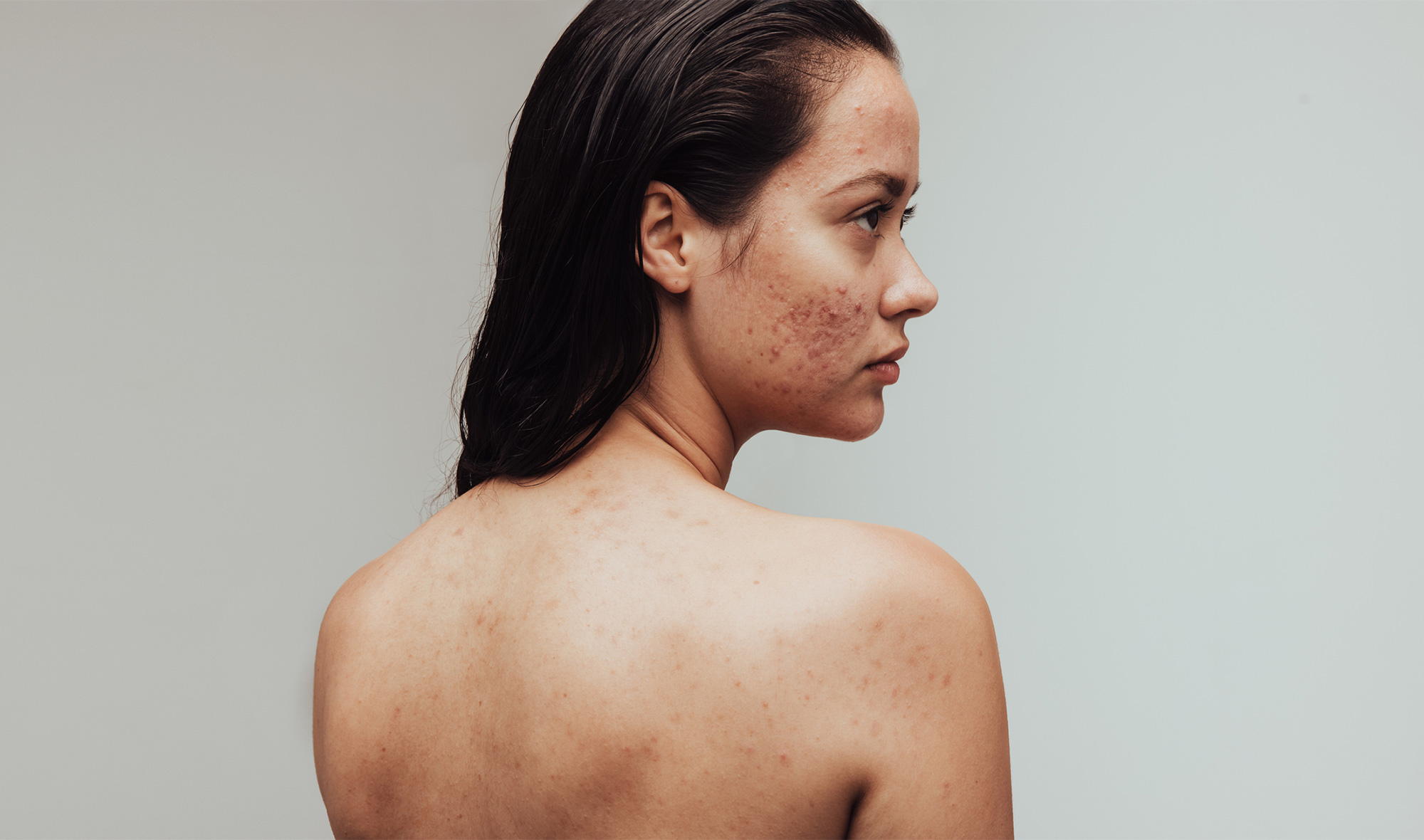
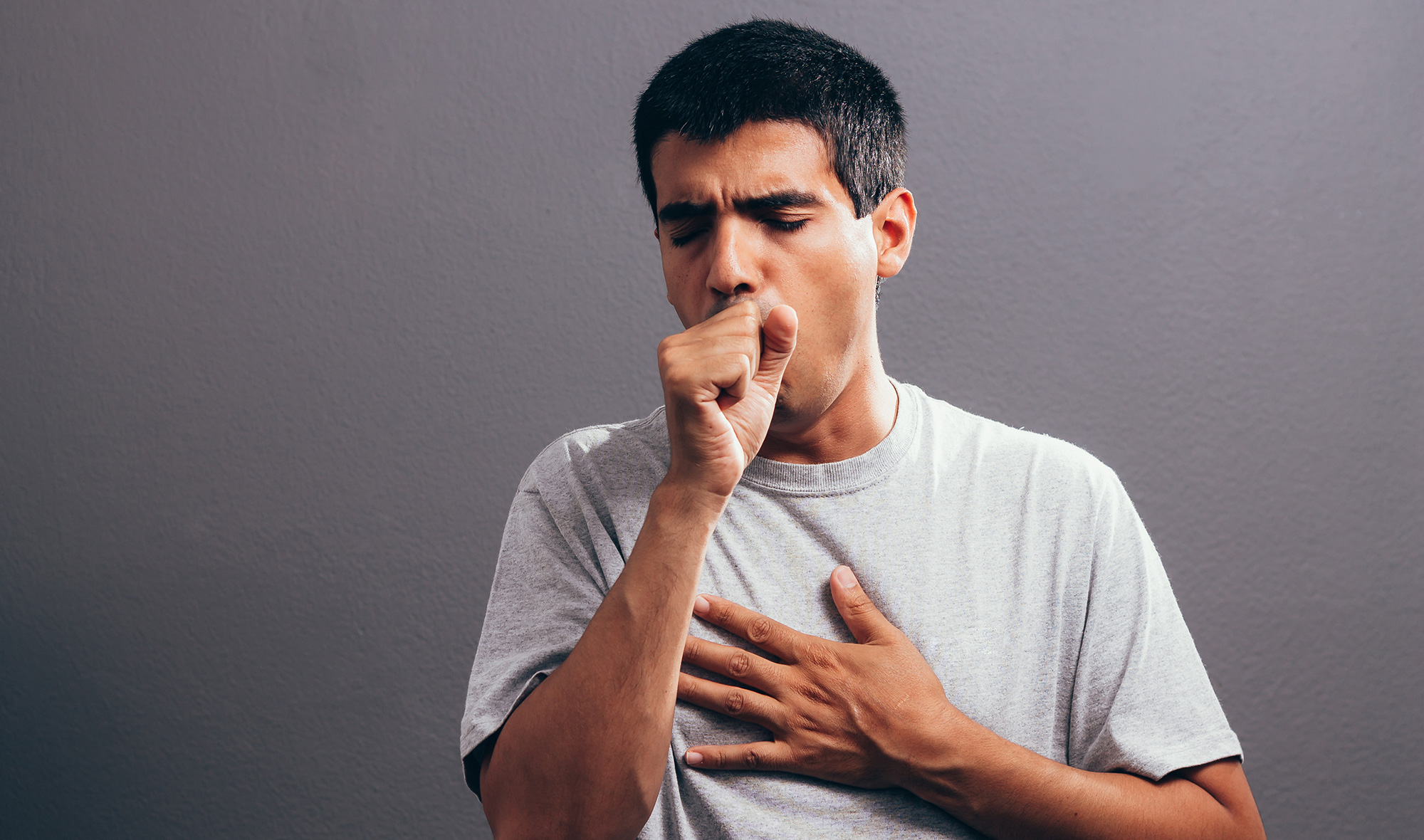
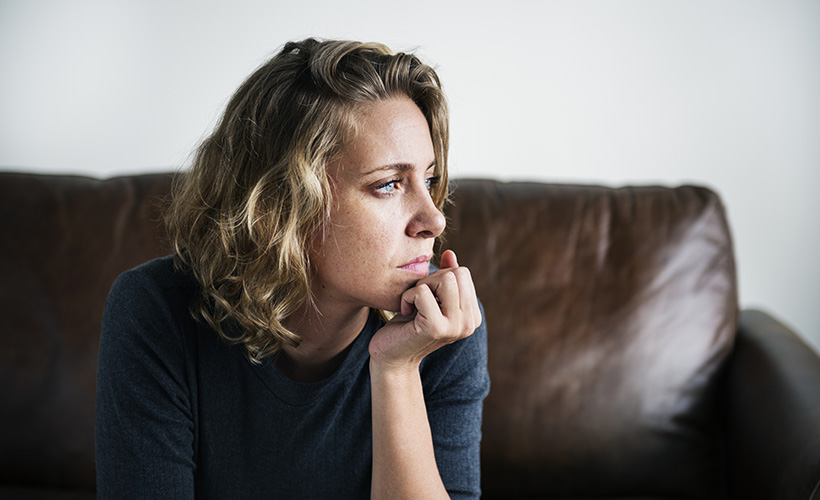

Community